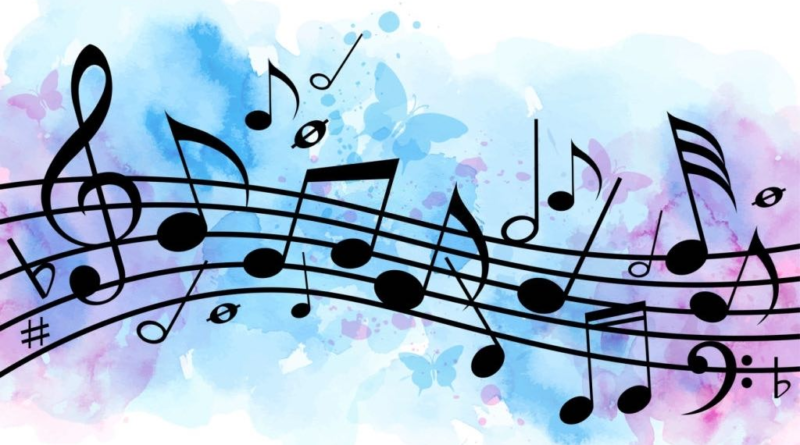Journey of Musiology: Student Interview of Kristie Kang
Kristie Kang, a senior at Shanghai SMIC Private School – International, who has been passionate about classical music from a young age and is proficient in two musical instruments, shares her deep connection with music in a retrospective. In conversation with Kristie, she speaks about her relationship with music itself – how it influences her life, how it shapes her views, and how it has helped her gain new insights and peace in life.
“In my decade of studying classical music, I’ve observed that music could be an interplay between the build-up, hold, and release of tension. It is often searching for a comfortable spot between rationality and irrationality. It is also trying to figure out how to get the best of both worlds between expressing your own interpretation of a particular piece while paying an adequate level of respect and homage to the original composer. But I think these are all some of my more detailed philosophies when it comes to studying classical music specifically.”
When Kristie listens to music, she not only pays attention to the melody, but also tries to interpret the underlying means of the lyric and the social/political background that prompted the composers to create the pieces.
“I’ve been studying the cello since I was ten years old, and piano since I was nine; to me, performance had always represented music before I met my current cello teacher about four years ago. My teacher has always taught me that music is more than just performance, but rather your personal understanding of how it connects to society during that time.”
In her cello teacher’s lessons, Kristie discovered her passion for musicology, particularly in classical music. As a result, she developed an interest in writing, journaling, and researching about music and its societal interactions. She created her own blog called Music Storytelling, which allows her to publish articles about music’s societal and emotional impact such as sex, freedom, and equality.
“That is part of the reason I have considered studying musicology in the future, to contribute to society’s discussion of music and culture via journalism. I remember spending hours in the history office editing a music history paper that was able to generate conversations across the history department because music was something everyone had access to. It was like a universal language … It is conversations and bonding moments like these that make studying music a very human experience.”
Apart from gaining academic knowledge from listening to music, Kristie genuinely enjoys music in general. For her, music always holds the softest part of her heart and brings her tranquility in a fast-paced life whenever she turns on music alone in her room at night.
“I find the most meaning in music when I listen to it, when music is able to help me heal from the day, encourage me to move on, and help me live in a present where I get to breathe the air that’s right in front of me. Sometimes it feels like music brings me to a different dimension where I could just be. And in a world that’s rapidly moving along, trying to be productive, I find music to be the most meaningful because it helps me slow down and live in the moment.”

